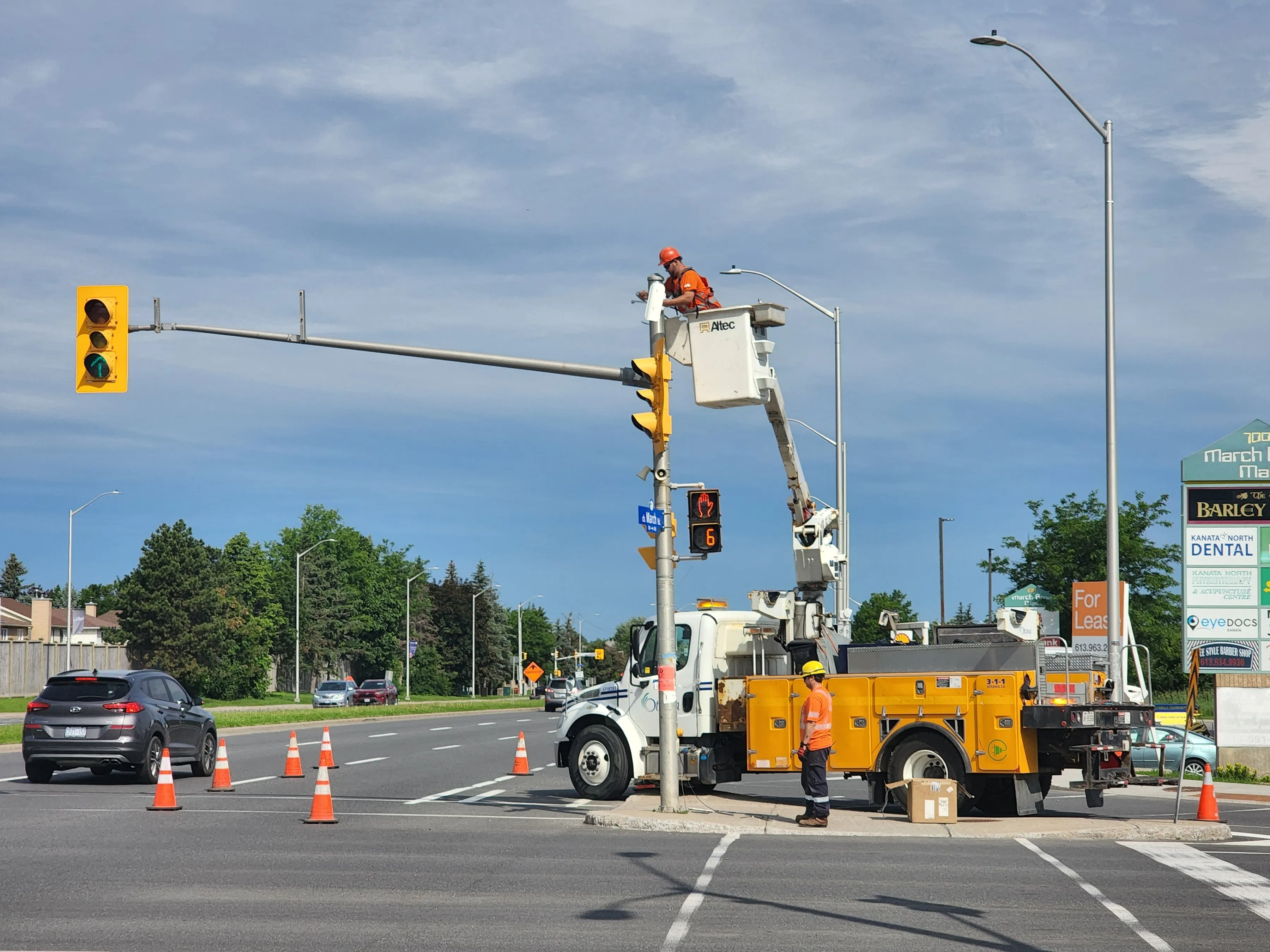
A working group chaired by Honda and General Motors has launched a standard incorporating blockchain technology into a decentralised vehicle charging system.
The Mobility Open Blockchain Initiative's (Mobi) working group released its first technical design specification, which covers the system designs and data schemas - how data is organised - required for use cases relating to Vehicle to Grid (V2G) integration and Peer to Peer (P2P) applications.
Mobi says the Electric Vehicle Grid Integration (EVGI) standard ensures data attributes and functionalities of each use case are available for organisations to utilise in creating their own applications.
Mobi founder Tram Vo believes the standard will help companies on all sides of the electric vehicle (EV) and charging community.
"EVs, chargers and electricity producers can have a secure identity, communicate with a standard messaging format, and automatically record transactions such as charging, generation and exchange on a distributed ledger,” Vo says.
Mobi claims its standard enables a set of core network data services which will help EV owners, charging infrastructure and grid operators by enabling secure communication and immutable record keeping between data generating peers.
According to Mobi, this supports data transparency, trust, coordination and automation among mobility service providers, consumers and utilities.
Other members involved in the working group include IBM, CPChain, the non-profit Iota Foundation and Pacific Gas & Electric Company.
Mathew Yarger, head of mobility and automotive at the Iota, says: "The work done by Mobi and the EVGI working group is a promising step, laying a strong foundation for the intersecting industries to align around and build on to accelerate the future of sustainable mobility and energy.”
Mobi hopes the applications enabled by the standard will help lower carbon emissions, improve road safety and reduce traffic congestion.









